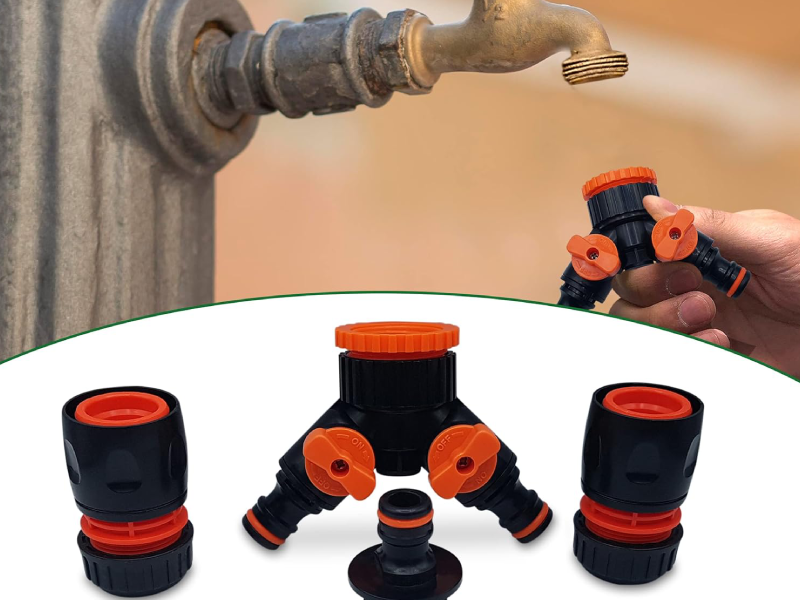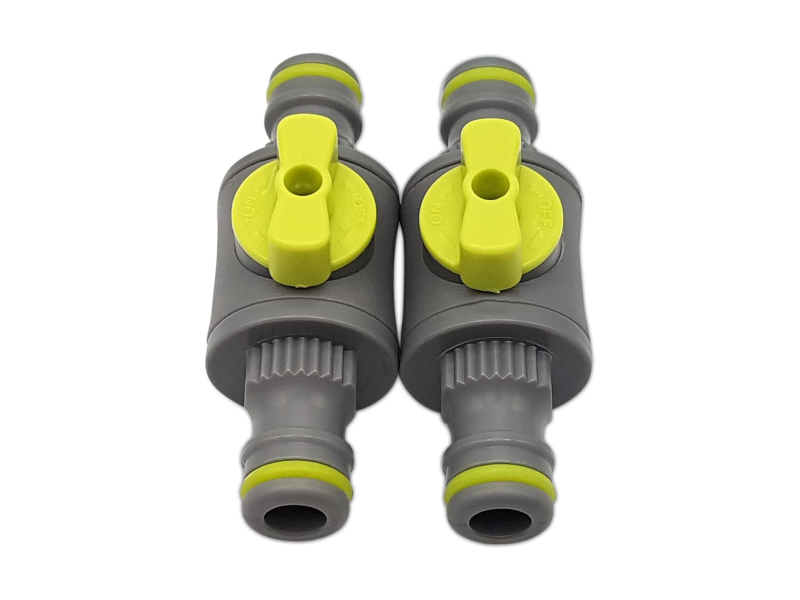What Is A Flexible Tap Connector And Why Do You Need One?

In modern plumbing systems, flexible tap connectors play a crucial role in maintaining efficient and reliable water flow to various fixtures. These versatile components offer a range of benefits that make them indispensable in both residential and commercial settings. In this article, we’ll explore what a flexible tap connector is, why you need one, and how it can enhance your plumbing system. By understanding its purpose, benefits, and installation methods, you’ll be equipped to make informed decisions for your home or business.
Understanding The Basics Of A Flexible Tap Connector
A flexible tap connector is a plumbing accessory designed to connect water pipes to taps, sinks, or other fixtures. Made from materials like braided stainless steel or reinforced rubber, these connectors are built to withstand high pressure and temperature fluctuations. Unlike rigid pipes, flexible connectors can bend and adapt to different angles, making them ideal for connecting taps where fixed pipes might not fit. Their flexibility simplifies installations and repairs, ensuring a secure and leak-proof connection between the water supply and your plumbing fixtures.

How A Flexible Tap Connector Enhances Plumbing Efficiency?
Flexible tap connectors enhance plumbing efficiency by offering greater adaptability and ease of installation compared to traditional rigid pipes. Their design allows for easier maneuvering around obstacles and awkward angles, reducing the need for complex pipework. This flexibility not only speeds up the installation process but also facilitates maintenance and repairs. By providing a reliable and adjustable link between water pipes and fixtures, flexible tap connectors help ensure a steady and efficient water flow, minimizing the risk of leaks and system malfunctions.
The Key Benefits Of Using A Flexible Tap Connector
Flexible tap connectors offer several key benefits that make them a valuable addition to any plumbing system. First, their flexibility simplifies installation in tight or awkward spaces where rigid pipes would be challenging to fit. Second, they help prevent damage to plumbing fixtures by accommodating movement and vibrations. Additionally, flexible connectors are durable and resistant to corrosion, ensuring a long-lasting performance. Their easy-to-install nature also makes them a cost-effective solution for both new installations and repairs, providing convenience and reliability for homeowners and professionals alike.
Types Of Flexible Tap Connectors For Various Applications
There are several types of flexible tap connectors designed for different applications, each catering to specific plumbing needs. Common types include braided stainless steel connectors, which offer high durability and are suitable for both hot and cold water, and reinforced rubber connectors, which are flexible and cost-effective for standard applications. Additionally, there are connectors with built-in shut-off valves for easy water control and connectors with various thread sizes and fittings to match different fixtures. Understanding these options allows you to select the right connector for your specific plumbing requirements.
How To Install A Flexible Tap Connector For Your Plumbing Needs?
Installing a flexible tap connector is a straightforward process that can be completed with basic plumbing tools. Begin by turning off the water supply to prevent leaks. Then, connect one end of the flexible connector to the tap or fixture, and the other end to the water pipe, ensuring that you use the correct fittings for a secure connection. Tighten the connections with a wrench, being careful not to overtighten, which could cause damage. After installation, turn the water supply back on and check for any leaks. Regular checks and minor adjustments ensure that the connector performs optimally and maintains a leak-proof seal.
Choosing The Right Flexible Tap Connector For Your Home
Choosing the right flexible tap connector involves considering factors such as material, length, and fittings. For most home applications, braided stainless steel connectors are a popular choice due to their strength and resistance to pressure. It’s also important to select the correct length and thread size to match your fixtures and pipes. Additionally, consider whether you need features like built-in shut-off valves or specific flexibility requirements based on the installation space. By assessing these factors, you can choose a flexible tap connector that meets your plumbing needs and ensures reliable performance.
Maintenance Tips To Ensure Longevity Of Your Flexible Tap Connector
To ensure the longevity of your flexible tap connector, regular maintenance and inspections are essential. Start by periodically checking for signs of wear, such as fraying or rusting, and replacing the connector if any issues are found. Ensure that connections are tight but not overtightened, which can cause damage. Additionally, keep the connector clean and free from debris that could affect performance. Regular maintenance helps prevent leaks and extends the life of the connector, ensuring that your plumbing system remains efficient and reliable over time.
Conclusion
A flexible tap connector is a vital component in modern plumbing systems, offering flexibility, ease of installation, and long-term reliability. Understanding its basic function, benefits, and types can help you make informed decisions for your plumbing needs. Whether you’re installing a new fixture or repairing an existing one, choosing the right flexible tap connector and maintaining it properly will ensure that your plumbing system operates efficiently and effectively. Embrace the advantages of flexible tap connectors to enhance your plumbing solutions and achieve a well-functioning water system in your home or business.






